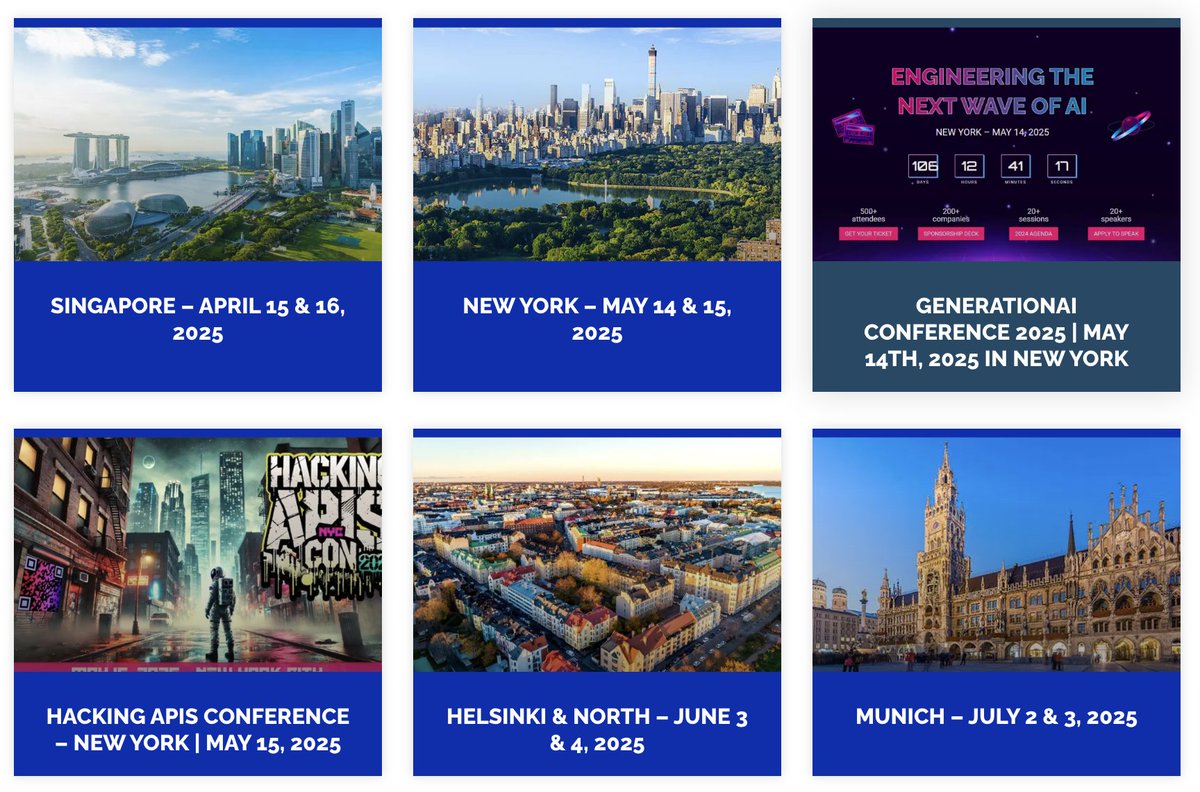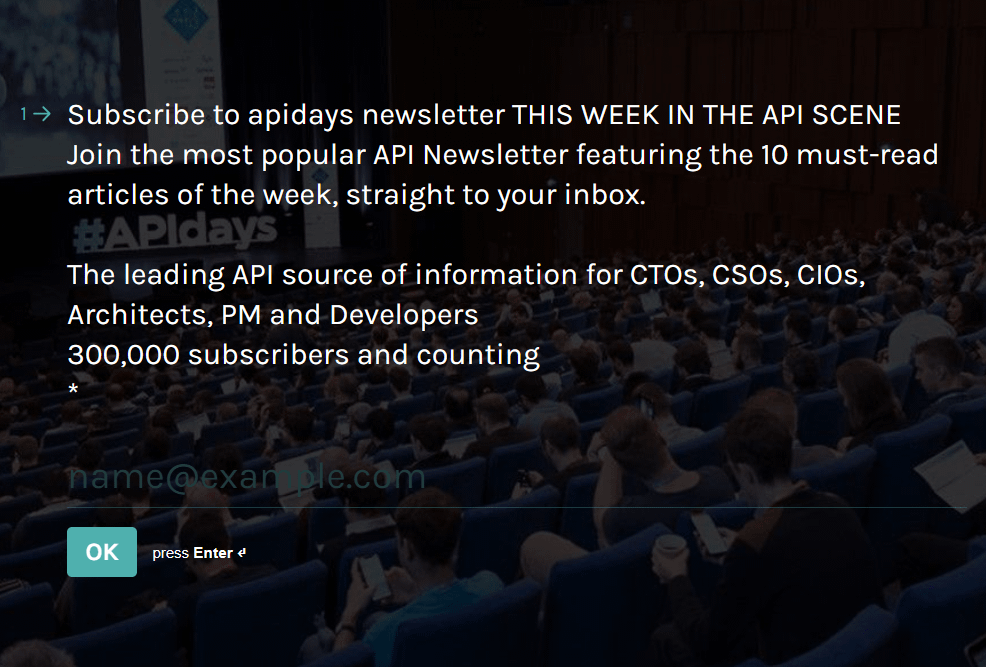Jon Stewart just went viral for reasons no one could believe.
On his weekly podcast, he finally realized "Elon was right" about govt corruption.
But that was just the beginning.
Here's the moment that left him (literally) speechless: 🧵
On his weekly podcast, he finally realized "Elon was right" about govt corruption.
But that was just the beginning.
Here's the moment that left him (literally) speechless: 🧵

Over the weekend, Stewart invited NYT writer Ezra Klein onto his podcast.
Their conversation took an unexpected turn when examining Biden's broadband program.
What happened next shocked Stewart's longtime viewers.
Their conversation took an unexpected turn when examining Biden's broadband program.
What happened next shocked Stewart's longtime viewers.
They discussed the $42.5B Broadband Equity program (BEAD).
This initiative promised internet access to underserved Americans.
Three years later, not a single household has been connected.
The culprit? Endless bureaucracy.
This initiative promised internet access to underserved Americans.
Three years later, not a single household has been connected.
The culprit? Endless bureaucracy.
"I'm speechless," Stewart said. "It's far worse than I imagined."
States must navigate 14 separate approval steps before any work begins.
Meanwhile, millions remain digitally stranded.
This confirms what Musk has been saying all along.
States must navigate 14 separate approval steps before any work begins.
Meanwhile, millions remain digitally stranded.
This confirms what Musk has been saying all along.
Musk has long argued that government red tape blocks progress.
His Starlink could connect rural areas in weeks, not years.
Yet the administration insists on fiber-only solutions trapped in regulations.
Stewart now sees the problem clearly.
His Starlink could connect rural areas in weeks, not years.
Yet the administration insists on fiber-only solutions trapped in regulations.
Stewart now sees the problem clearly.
"They amputated their own legs on this," Stewart admitted.
This reveals a deeper issue: complexity as a control mechanism.
By making internet deployment convoluted, officials control who gets access.
The implications are troubling for democracy.
This reveals a deeper issue: complexity as a control mechanism.
By making internet deployment convoluted, officials control who gets access.
The implications are troubling for democracy.
Internet access isn't just convenience—it's opportunity.
When bureaucracy blocks connectivity, it creates knowledge gaps.
Those in power benefit when information access is limited.
Musk retweeted Stewart's viral reaction and continues to emphasize this problem.
When bureaucracy blocks connectivity, it creates knowledge gaps.
Those in power benefit when information access is limited.
Musk retweeted Stewart's viral reaction and continues to emphasize this problem.
https://twitter.com/44196397/status/1905596235794219040
What's remarkable is Stewart's willingness to cross political lines.
Typically aligned with progressive causes, he now acknowledges what many dismissed.
The truth about government inefficiency transcends partisanship.
The evidence became too overwhelming to ignore.
Typically aligned with progressive causes, he now acknowledges what many dismissed.
The truth about government inefficiency transcends partisanship.
The evidence became too overwhelming to ignore.
Klein pointed out this wasn't just a failure of execution.
The Biden administration designed this process deliberately.
14 separate steps. Multiple review rounds. Years of delay.
All while claiming to prioritize connectivity for Americans.
The Biden administration designed this process deliberately.
14 separate steps. Multiple review rounds. Years of delay.
All while claiming to prioritize connectivity for Americans.
While the government spends years on paperwork, companies like Starlink deploy solutions in weeks.
This raises questions about whether bureaucracy is intentional.
By keeping access complicated, information flow remains controlled.
This affects our entire society.
This raises questions about whether bureaucracy is intentional.
By keeping access complicated, information flow remains controlled.
This affects our entire society.
Stewart's realization reflects a growing consensus:
The problem isn't about politics—it's about effectiveness.
When these systems prioritize process over people, we all lose.
Technology should connect us, not be used to divide us further.
The problem isn't about politics—it's about effectiveness.
When these systems prioritize process over people, we all lose.
Technology should connect us, not be used to divide us further.
This conversation opens a door to the most important question:
How do we ensure technology serves everyone equally?
The answer isn't simply less government or more private sector.
We need systems designed with human access as a priority.
How do we ensure technology serves everyone equally?
The answer isn't simply less government or more private sector.
We need systems designed with human access as a priority.
This challenge sits at the intersection of technology and governance.
We need government projects that benefit people while enabling innovation.
Most importantly, we need a new approach (like DOGE) that delivers real results, not expensive research projects.
We need government projects that benefit people while enabling innovation.
Most importantly, we need a new approach (like DOGE) that delivers real results, not expensive research projects.
To do so, collaboration between the private and public sectors is essential:
Not just building faster tech, but building better frameworks.
Not just innovation, but ethical innovation.
Not just efficiency, but human dignity.
That's exactly why @APIdaysGlobal was created...
Not just building faster tech, but building better frameworks.
Not just innovation, but ethical innovation.
Not just efficiency, but human dignity.
That's exactly why @APIdaysGlobal was created...
At APIdays, our global community grapples with these exact challenges.
Because the future of tech isn't just about capability.
It's about responsible implementation of technology so that it benefits people everywhere.
Because the future of tech isn't just about capability.
It's about responsible implementation of technology so that it benefits people everywhere.

We've built a community of 300,000+ technology professionals committed to solving these exact challenges.
We believe access to information and digital tools is a fundamental right.
Our conferences bring diverse voices together to ensure digital equity.
We believe access to information and digital tools is a fundamental right.
Our conferences bring diverse voices together to ensure digital equity.

Want more on becoming the future of tech? ⏩
• Join our 300K+ community
• Follow for more on APIs, tech, and the future of AI.
• Repost for your network if you found it helpful! 🔁
The future's connected. 🌐
Become part of it. apidays.typeform.com/to/i1MPEW
• Join our 300K+ community
• Follow for more on APIs, tech, and the future of AI.
• Repost for your network if you found it helpful! 🔁
The future's connected. 🌐
Become part of it. apidays.typeform.com/to/i1MPEW

I'm Baptiste Parravicini:
• Tech entrepreneur & API visionary
• Co-founder of @APIdaysGlobal, world's leading API conference
• Passionate about AI integration & tech for the greater good
Drop by and say "Hi" on LinkedIn: linkedin.com/in/baptiste-pa…
Repost for your network 🔄: x.com/2880807161/sta…
• Tech entrepreneur & API visionary
• Co-founder of @APIdaysGlobal, world's leading API conference
• Passionate about AI integration & tech for the greater good
Drop by and say "Hi" on LinkedIn: linkedin.com/in/baptiste-pa…
Repost for your network 🔄: x.com/2880807161/sta…
Video credits (YouTube):
The Weekly Show with Jon Stewart: Why Can't We Have Nice Things with Ezra Klein | The Weekly Show
Breaking Points: Ezra Klein RIPPED For Viral Jon Stewart Claim
Photo credits: apidays.global
The Weekly Show with Jon Stewart: Why Can't We Have Nice Things with Ezra Klein | The Weekly Show
Breaking Points: Ezra Klein RIPPED For Viral Jon Stewart Claim
Photo credits: apidays.global
• • •
Missing some Tweet in this thread? You can try to
force a refresh











